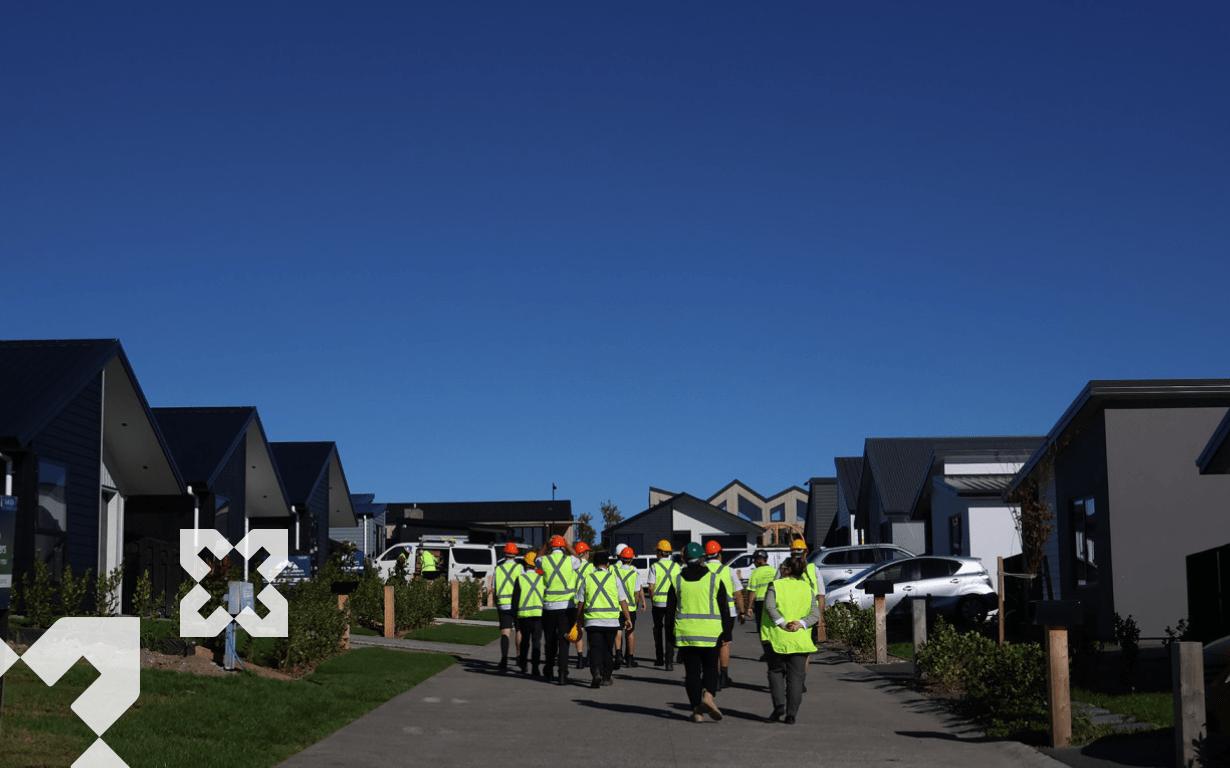Comment: Overshadowed in the highly critical report by Sir Bill English and his team into Kainga Ora’s finances, debt and performance was a rare public defenestration of the public housing agency’s board of directors.
The review’s findings painted a board asleep at the wheel as billions of public money was deployed without sufficient knowledge of its value for money or impact on the Government’s books. It also painted a picture of KO’s executives leading the board by the nose and dealing directly with the Minister of Housing.
Follow-up criticisms from the new Housing Minister Chris Bishop and the Prime Minister Chris Luxon were brutal.
Bishop: ※Ministers were alarmed to learn, for example, that in the May 2023 board budget pack the budget assumed new lending of several billion dollars from the Government would be approved# and did not provide a budget scenario where KO stays within the funding agreement agreed by the Government.
※The review makes it very clear that the board has not discharged its obligations responsibly.§
And Luxon: ※When a board doesn’t even have a statement of financial position, when a board actually just assumes that, actually, the Government’s going to pic up that shortfall and carries on blithely# you cannot carry on that way.§
A paper from Bishop and Finance Minister Nicola Willis to Cabinet’s business committee says the board ※is presented forecast financial information which is based off high level assumptions which do not have ministerial approval or tangible plans to execute.§
Kainga Ora has paused major housing developments around the country this year, possibly after the board began demanding restraint on spending and while the review was underway. Since the English review was made public, Bishop has said the Government has canned any more money to KO for additional social housing.
English’s review heard from stakeholders (which it, perhaps &blithely’, notes it has not independently verified) that ※the board does not lead the chief executive§ and ※the board did not ask difficult questions of management as much as it should have.§

Another commenter is recorded saying the performance review of the chief executive Andrew McKenzie and board members ※is not structured or rigorous.§
Board members themselves told English’s team some did not consider there was a clear monitoring framework over KO by the Ministry of Housing and Urban Development.
The board did respond to a draft of the English report, which says some amendments were made, but the board’s response has not been made public.
Ministers quote the reviewers saying ※they saw evidence the board has been acting more as an advisory function rather than governing§ and ※frequent contact between KO management and responsible ministers has undermined separation.§
That’s a dig at Labour and presumably former Housing Minister Megan Woods for taking meetings with McKenzie and his team direct, beyond the board.

In February the board chair Vui Mark Gosche, a former Labour MP, stepped down but remained on the board until the end of March. On Monday the new Government appointed former Spark chief executive Simon Moutter as the new chairman and pledged a board-wide refresh by July.
Four of the remaining seven directors have either had their terms expire and been rolled over until now or are coming up for renewal, so the Government won’t have to push too hard to clear the decks. Current board members?are listed here.
Its acting chair John Duncan is described as having ※extensive experience in global capital markets, banking and finance.§
Moutter and the new team have been given until November to present their political leaders with a ※credible and detailed§ plan to improve financial performance in the housing agency with its $2.5 billion a year budget.
All that, while a wider reform of social housing could see KO turned into a much smaller entity.
The Government has targeted the board, but there must be little chance now of McKenzie, the chief executive, holding onto his role for long. If the accusations of the board having incomplete financials in its monthly meeting packs are correct (and neither the former nor acting chair or Kainga Ora organisation have public contested them) some responsibility there falls on the CEO.
If he led the board, rather than the other way around, on driving strategy and in dealings direct with ministers then again a focus will fall on him and his performance in those areas.
McKenzie has long been a forthright executive, dating back to the days he was chief financial officer for Auckland City Council where he was not averse to pushing back strongly at political or media criticisms.
He led Housing NZ before its 2017/18 conversion into Kainga Ora, so has been at the helm of public housing for a considerable tenure. In 2018, he apologised for Housing NZ’s handling of the meth contamination scare that led to some tenants being evicted.
*An earlier version of this article appeared in our Newsroom Pro 8 Things newsletter on May 24.


